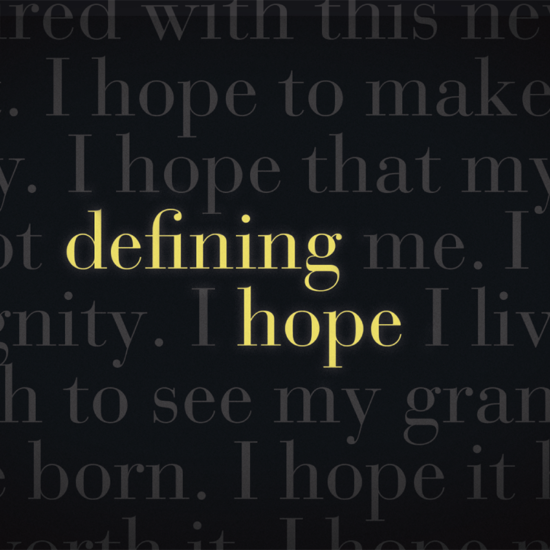A disturbing insight has motivated much of Dr. Joseph Fins work in understanding the minimally conscious state (MCS). “Indeed, it keeps me up at night, worrying about a class of people, in the shadows of their own cognition, whom society has forgotten, abandoned in nursing homes.”
The general public has been reading about severe brain injury cases from Quinlan to Schiavo for many years. HealthCetera host, Barbara Glickstein, talks with Dr. Joseph Fins, physician, researcher and bioethicist about the minimally conscious state (MCS), a diagnostic category that came into the medical literature in 2002.
What are the neurobiological differences between the vegetative state and the minimally conscious state.
What is consciousness?
What do we know about the best treatment approaches to restore lost functioning in human brains?
What are the health care policy challenges related to the care of patients with severe brain injury, especially in light of health care reform and the Affordable Care Act?
This conversation could have gone on for hours for the host. She left it and wandered to a park bench to contemplate how much more there is to know about life.
Joseph J. Fins, MD, MACP is The E. William Davis, Jr. MD Professor of Medical Ethics and Chief of the Division of Medical Ethics at Weill Cornell Medical College where he is a Tenured Professor of Medicine, Professor of Medical Ethics in Neurology, Professor of Health Care Policy and Research, and Professor of Medicine in Psychiatry. He is the founding Chair of the Ethics Committee of New York-Presbyterian Weill Cornell Medicine where he is an Attending Physician and the Director of Medical Ethics.
He is a 2016-2017 Fellow Ambassador of The New York Academy of Medicine.
His most recent book is Rights Come to Mind: Brain Injury, Ethics & The Struggle for Consciousness, published by Cambridge University Press
Tune in Thursday, September 21 at 1 PM to wbai 99.5 FM and streamed live www.wbai.org. You can listen to the podcast now on iTunes






Kenya / September 23, 2016
What a timely piece. As we seek to create a culture of health that is incredibly inclusive, what does that mean for those with severe brain injuries?
/